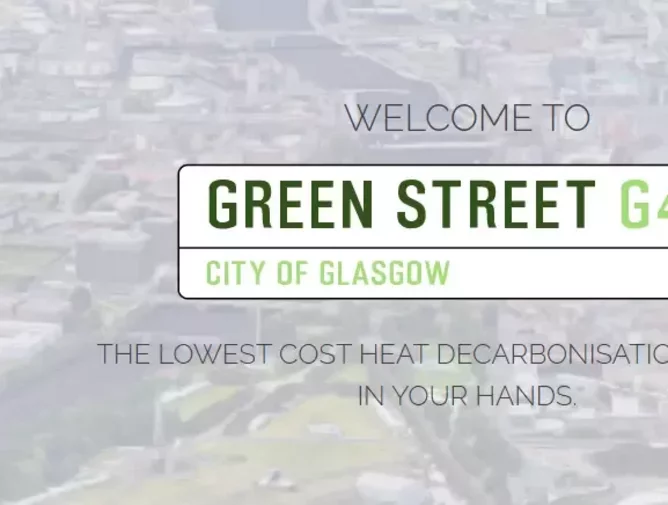Replace gas grid not just boilers, says Kensa Heat Pumps CEO

The UK’s only manufacturer of ground-source heat pumps has called on the government to think ‘big’ when cutting carbon emissions by replacing the gas grid not just boilers.
Cornwall’s Kensa Heat Pumps says the only way to reach the volume of heat pump installations required by government (600,000 per year by 2028) is to create a large networked solution that mimics and replaces the current gas grid.
CEO Simon Lomax said while the Heat and Buildings Strategy confirms the key role for heat pumps in decarbonisation, the Boiler Upgrade Grant is underwhelming and lacks both ambition and scale.
New grants of £5,000 will be available from April next year to encourage homeowners to install more efficient heating systems – like heat pumps that do not emit carbon when used – through a new £450 million, three-year Boiler Upgrade Scheme (click here).
“It isn’t possible to reach critical mass or secure the cost reductions expected by government by adopting an ad hoc house-by-house approach, placing the responsibility to deliver our climate targets on individual consumers," he said. "To reach the volume of installations required we envisage a street-by-street, split ownership approach."
He said to really kick-start the transition to heat pumps, the government needs to work with the energy industry and suppliers to popularise a networked ground source heat pump solution at scale, mimicking and replacing the gas grid approach.
"The cost of the underground infrastructure is divorced from the heat pump, again following the approach used in the gas sector. This solution can be delivered immediately. Indeed, Kensa has already completed large scale installations in all types of housing. Emerging studies will highlight this approach as the lowest cost decarbonisation pathway."
In the Kensa Vision, the underground infrastructure is funded, owned and maintained by an energy company, water company, local authority or private investor, removing the cost from the consumer.
The utility owner recoups their investment via a standing charge similar to the gas network standing charge. Delivering at scale across neighbourhoods offers significant cost reductions.
The infrastructure uses the natural heat in the ground and the source temperature can be further bolstered by the use of waste heat to improve efficiency. Running costs and carbon emissions will be far lower than any other heating choice.
Pre-installation of the infrastructure means whole communities such as tower blocks can switch to individual networked heat pumps simultaneously, as well as enabling households to easily and affordably make the transition from their gas boiler to a heat pump when they’re ready to change, with minimal disruption.
“This approach delivers the very best outcomes for the householder and the environment and puts less pressure on the electricity grid," added Lomax. "It will also maximise job creation in the UK. We will continue to encourage the government to recognise the need for more appealing low carbon heating choices to accelerate the transition to net zero.”
Heat pumps run four times more efficiently than gas and networked ground source solutions drastically reduce the overall amount of electricity required, with one study indicating ground source heat pumps could save the UK around £1bn a year to 2050.
AR Green Street brings heat pumps to life
Kensa will set out its net zero vision at COP26 with the launch of Green Street. Using augmented reality they will bring Green Street to life, a real Glasgow street that’s a stone’s throw from the summit, showing how networked heat pumps with split ownership provide the lowest cost heat decarbonisation pathway on a real street.
Lomax said you can see from all the coverage this week that there is lots of false information and people are struggling to understand heat pumps and how this zero carbon energy can help them in real life.
“Green Street is our way of setting out a virtual street map that proves any street can be a Green Street, by showing how the ground beneath our feet can transform how we heat and power our homes and combat climate change.”







